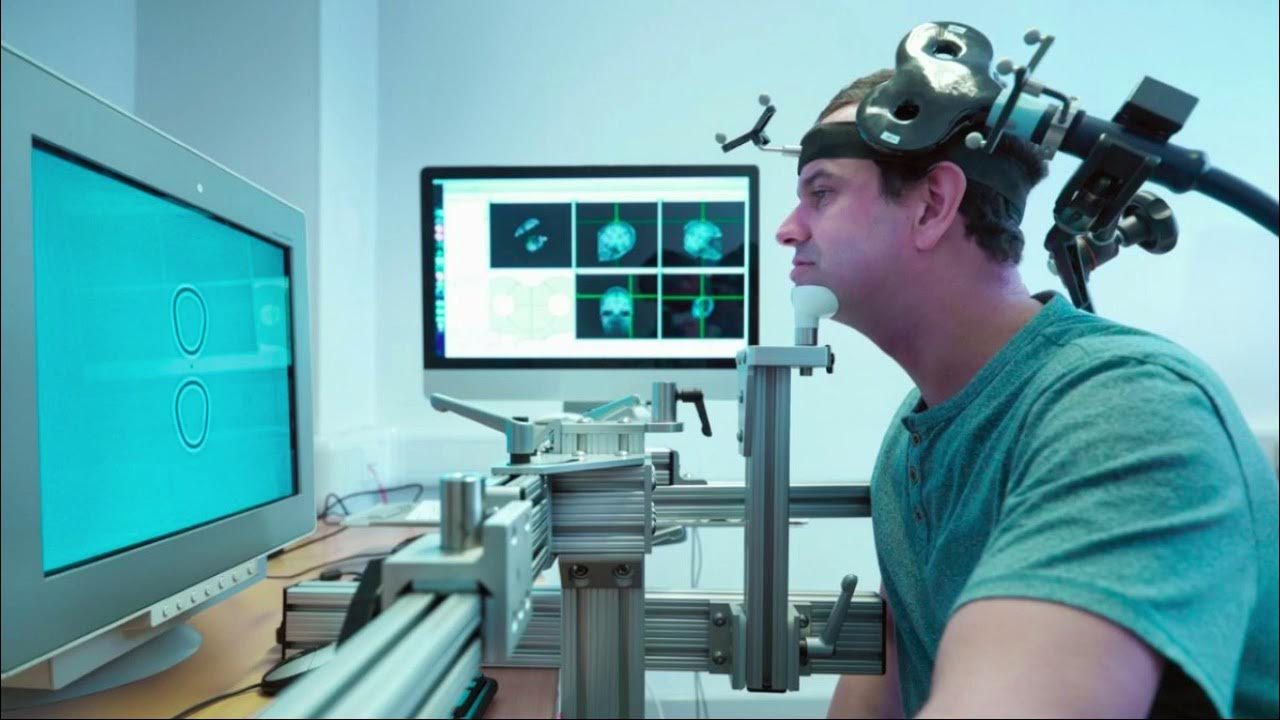Unlocking Mental Wellness with MERT Therapy and TMS Mapping Sessions
Mental health care is no longer limited to talk therapy and medication. The world of neuroscience has introduced game-changing, non-invasive therapies that are revolutionizing the way we treat mental illnesses. One such innovation is Transcranial Magnetic Stimulation (TMS)—a treatment that uses magnetic pulses to stimulate specific brain regions responsible for mood regulation.
Among the most effective forms of this therapy are MERT (Magnetic e-Resonance Therapy) and Deep TMS, which incorporate advanced brain mapping and personalized treatment plans. These therapies are proving to be a beacon of hope for individuals suffering from conditions like depression, anxiety, PTSD, OCD, and more—especially when other treatments have failed.
What Is TMS and How Does It Work?
Transcranial Magnetic Stimulation (TMS) is an FDA-approved, non-invasive treatment designed to stimulate underactive areas of the brain. A magnetic coil is placed on the patient’s scalp, and targeted pulses are delivered to specific brain regions, particularly those associated with emotional regulation and cognitive function.
Unlike antidepressants or other medications, TMS works without altering your body chemistry. That means it’s free from systemic side effects such as weight gain, sexual dysfunction, or sedation—making it a safer option for many.
This therapy typically requires multiple sessions over several weeks, and its results are often long-lasting. Patients usually begin noticing improvements within the first few weeks of treatment.
What Sets MERT Therapy Apart?
Magnetic e-Resonance Therapy (MERT) elevates traditional TMS by adding a critical component: brainwave analysis using EEG (electroencephalogram). A TMS mapping session is conducted prior to starting the therapy, where brain activity is recorded and analyzed to understand the patient’s unique neurological patterns.
This data allows clinicians to:
Identify which areas of the brain need stimulation
Customize the frequency and intensity of magnetic pulses
Monitor progress and adjust the protocol in real time
This precision medicine approach makes MERT ideal for individuals who haven’t responded to standard treatments or have complex mental health conditions.
Additional benefits of MERT Therapy:
Faster symptom relief in some cases
Higher efficacy in treatment-resistant patients
Improved focus, sleep, and emotional balance
Effective for children and veterans under medical supervision
Why TMS Mapping Sessions Matter So Much
A TMS mapping session isn’t just a diagnostic formality—it's the foundation of personalized care. Using EEG technology, the clinician can visualize and understand your brain's natural rhythms and electrical activity. These results act like a “neural GPS,” helping to pinpoint where stimulation will yield the best results.
This session usually lasts about 30–45 minutes and is painless, non-invasive, and safe. The insights gained from mapping help tailor the TMS or MERT treatment with unmatched accuracy.
Deep TMS: For Hard-to-Treat Conditions
While traditional TMS reaches surface-level brain regions, Deep TMS (dTMS) goes further—both literally and clinically. It uses a patented H-coil to stimulate deeper and broader neural networks, targeting areas that standard TMS cannot effectively reach.
Deep TMS has been FDA-cleared for the treatment of:
Major depressive disorder (MDD)
Obsessive-compulsive disorder (OCD)
Smoking addiction
And is under study for PTSD, bipolar disorder, and more
This makes Deep TMS therapy a strong choice for individuals with treatment-resistant depression or complex conditions that don’t respond to conventional methods.
Understanding TMS Treatment APN
TMS Treatment APN (Advanced Personalized Neuromodulation) refers to a holistic, technology-driven approach to brain stimulation therapy. It typically combines the best of MERT, Deep TMS, and EEG-based mapping to create a powerful and individualized treatment strategy.
Patients receiving APN-level care benefit from:
Multi-layered diagnostics (EEG + clinical assessment)
Adaptive treatment protocols
Ongoing monitoring and protocol optimization
Integration with lifestyle coaching and therapy
This all-encompassing strategy has helped countless individuals reclaim their quality of life—even after years of ineffective treatments.
Who Should Consider These Treatments?
These therapies are especially effective for individuals who:
Have not seen results from antidepressants or therapy
Experience unpleasant side effects from medication
Want a drug-free mental health treatment
Suffer from depression, anxiety, OCD, PTSD, or insomnia
Are looking for evidence-based, neuroscience-backed care
Whether you’re a working professional struggling with burnout or a veteran managing PTSD, therapies like MERT and Deep TMS can be customized to meet your unique mental health needs.
What to Expect During Your Treatment Journey
A typical treatment plan includes:
Initial Consultation: A thorough mental health evaluation and medical history review.
TMS Mapping Session (EEG): Used to customize the stimulation protocol.
Treatment Sessions: Generally last 20–40 minutes, 5 days a week for 4–6 weeks.
Progress Reviews: Clinicians monitor brain responses and symptoms weekly.
Post-Treatment Support: Maintenance sessions or integration with therapy if needed.
There’s no anesthesia, no recovery time, and you can return to work or daily activities immediately after each session.
Real Results: What Patients Say
Many individuals report:
Reduced feelings of hopelessness
Improved concentration and emotional clarity
Better sleep and reduced anxiety
A renewed sense of control over their life
While results vary, the vast majority of patients experience a meaningful improvement in symptoms, often without the drawbacks of long-term medication use.
Final Thoughts
Innovative therapies like MERT, Deep TMS, and TMS Mapping Sessions are changing the future of mental health care. By using neuroscience and data-driven insights, these treatments offer personalized healing without the need for drugs or invasive procedures.
If you’ve struggled with mental health conditions and felt like nothing worked, it may be time to explore these forward-thinking, science-backed options. The journey to better mental wellness could begin with a single mapping session—and lead to life-changing relief.

